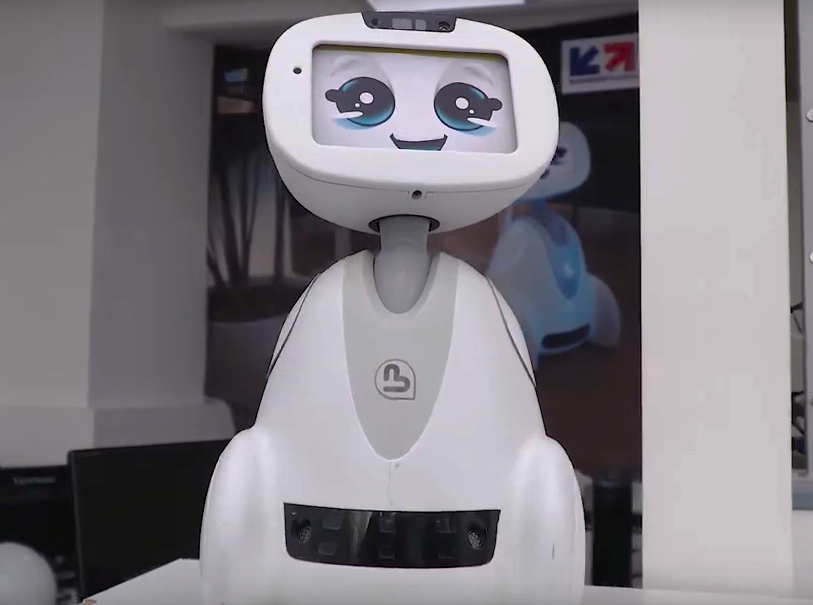This article is part of the Trialog blog series on IoT and Interoperability, begun in September 2020 with the first article focusing on ‘IoT Systems and Interoperability’.
Trialog is conducting projects in the ‘Social and Health Care’ domain. Specifically, Trialog served as the coordinator of the European ACCRA (Agile Co-Creation of Robots for Ageing) project and is currently working on IoT Semantic Interoperability and related ontologies and standards that can be applied to serve in health or well-being contexts.
According to ‘Interoperability for IoT systems – Part 3: Semantic interoperability’ by the ISO/IEC 21823-3, which was co-edited by Trialog, semantic interoperability is achieved when ‘the meaning of the data model within the context of a subject area is understood by the participating systems’. For example, it is crucial that the tools used by various healthcare stakeholders share a common nomenclature for anatomical locations, whether it’s for imaging requests to be carried out on patients or for reports on sample analyses taken from these patients. This ensures the prevention of any medical errors.
ACCRA’s project vision is to assist people in remaining independent at home and decrease hospital costs; furthermore, social isolation of (elderly) people is an issue that is receiving more attention. Social companion robots are gaining more traction as a means of helping elderly people to stay independent at home and decreasing their social isolation. When developing solutions, one remaining challenge is the design of applications that can be used by elderly people. For this purpose, co-creation methodologies involving multiple stakeholders and a multidisciplinary research team (e.g., elderly people, medical professionals and computer scientists, such as roboticists or IoT engineers) were designed within the ACCRA (Agile Co-Creation of Robots for Ageing) project.
[Note]: ACCRA video embedded in the blog: https://www.youtube.com/watch?v=_84L5RoCLS0&t=71s
Internet of Robotic Things (IoRT)
How can Internet of Robotic Things (IoRT) technology and co-creation methodologies help to design emotion-based robotic applications?
The ACCRA project develops advanced social robots to support active and healthy aging and was co-created by various stakeholders, such as elderly people and physicians. The demonstration was performed with three robots, Buddy, ASTRO and RoboHon, which can be used for daily life, mobility, and conversation. These three robots understand and convey emotions in real-time using the Internet of Things and Artificial Intelligence technologies (e.g., knowledge-based reasoning).
The ACCRA consortium has designed the solution, which is detailed in “Knowledge Engineering Framework for IoT Robotics Applied to Smart Healthcare and Emotional Well-Being“, published in the Springer International Journal of Social Robotics 2021.
Several demonstrations are available online, particularly for the healthcare sector. These include: Ontology-based IoT project catalog, Rule discovery, Full scenarios. These scenarios are also relevant to the ACCRA European-funded project and for future IoT-based healthcare and well-being applications.
Further investigation will be undertaken with SAREF for eHealth and Ageing Well (SAREF4EHAW) and SAREF for Wearables (SAREF4Wear).



